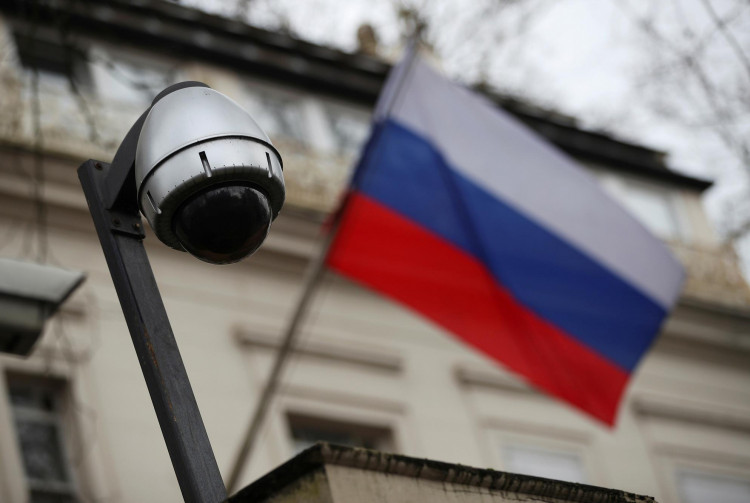Despite the ongoing conflict between Russia and Ukraine for over a year and a half, and the European Union's (EU) dual approach of sanctions and decoupling from Russia, has the EU truly severed its economic ties with Russia?
The answer appears to be no.
Media reports revealed that in July of this year, Swiss commodities trading giant Glencore used Turkey as a conduit to ship thousands of tons of Russian copper to Italy. This underscores that beneath the facade of sanctions, the EU still can't fully break away from its dependence on Russian products.
Customs documents and photos obtained by the media show that in 2019, Glencore ordered at least 5,000 tons of copper sheets produced by Russia's Ural Mining and Metallurgical Company (UMMC) from UAE entity Haldivor Energy. Then, in July of this year, this batch of copper sheets was exported from Turkey to the port of Livorno in Italy. The copper will be transported to a wire factory in the Lombardy region of northern Italy, where it will be used to produce copper products for cables, transformers, and electronic devices.
Glencore stated that this transaction was the "final part" of a contract signed before the Russia-Ukraine conflict erupted. Since February of the previous year, the company hasn't initiated new business with UMMC, aligning with the company's policy of not undertaking new ventures in Russia.
UMMC, Russia's second-largest copper producer, was listed in July by the U.S. Treasury Department's Office of Foreign Assets Control (OFAC) on the Specially Designated Nationals and Blocked Persons List (SDN), bearing "nuclear-level sanctions."
However, while the EU and the UK have sanctioned UMMC's executives, they left a loophole by not sanctioning the company itself.
Thus, legally speaking, Glencore did not violate any sanctions. These transactions highlight Europe's dependence on Russia for key commodities and the pivotal role of countries like Turkey and the UAE as transit hubs and intermediaries.
An Italian government official commented to the media, noting the challenges the EU faces in implementing sanctions due to imports and exports conducted through third countries.
Russia is one of Turkey's most important trading partners, with Turkey heavily reliant on vast amounts of energy imported from Russia.
Serving as a bridge between Europe and Asia, Turkey has not joined the Western sanctions against Russia. It has maintained close diplomatic and economic relations with the Putin administration and is currently a crucial transit point for Russia to transport zinc, copper, and aluminum to Europe.
Data from Trade Data Monitor shows that in the first seven months of 2023, Turkey's imports of Russian copper nearly doubled from the same period last year, reaching 159,000 tons, accounting for a third of Turkey's copper imports.
Research firm CRU Group estimates that in the first six months of 2023, Turkey's overall imports of cathode copper and wire amounted to 330,000 tons, an increase of 125,000 tons from the previous year. The firm noted that this "far exceeds Turkey's domestic demand."
In Europe, Italy has become Turkey's largest copper export destination, growing by 3% this year. However, exports to Germany and the UK have declined significantly. Analysts point out that this indicates Italy is becoming an indispensable part of the Russian copper trade route.






